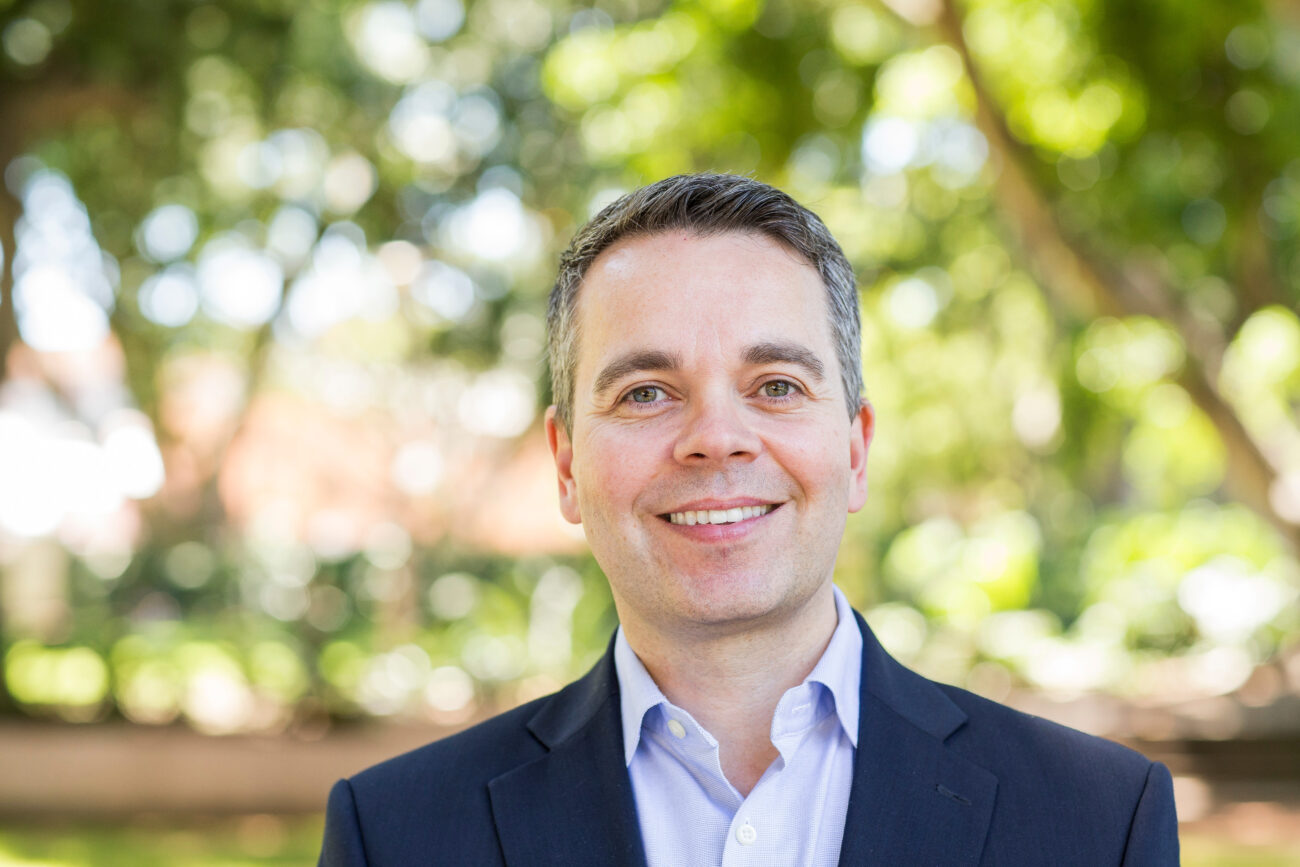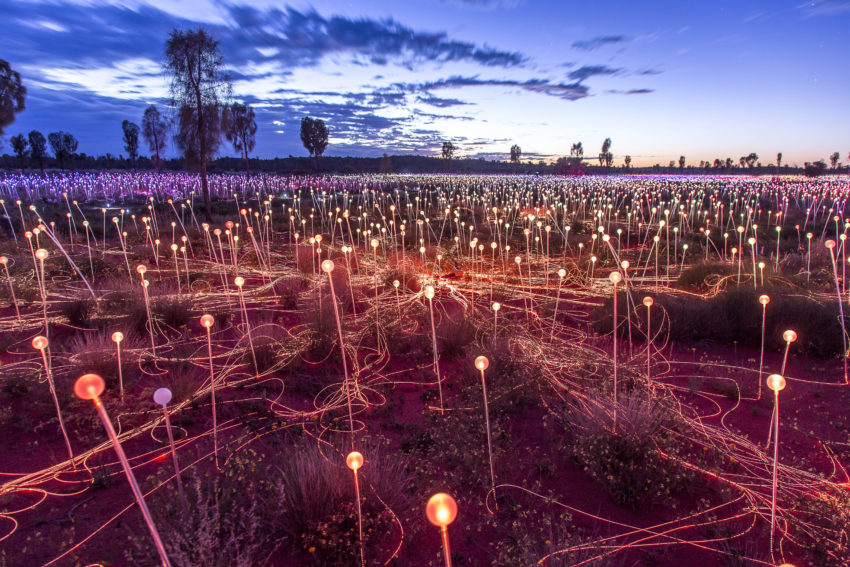- Australia is now fully open to all for business with a recovery plan in place. Can you elaborate on that, especially from an international perspective?
In Australia, we maintained activity throughout the pandemic, so we weren’t just switching on when the borders reopened. Building on this activity we had in place, we launched the Don’t Go Small. Go Australia campaign to get the message out that we were open for business without any restrictions. It’s a great showcase moment for us with a new creative platform that we believe will really give us an edge. We want totell the world, from an association’s perspective, the beauty of the destination, what’s special about it andbring to life the Australian personality and the Australian sector smarts.
Another activity is the AustraliaInnovates program, which in its latest episode features a great sustainability example from Queensland.Aviation is another key driver in returning to pre-covid numbers, so we monitor this closely and stay connected with direct flights from Europe and Asia. We expect that we will be back to our 2019 numbers by 2024.
- Sustainability and legacy creation are two important components for association conferences. Has Australia experienced examples of such legacy?
There’s a value that comes from business events, the immediate value, but also there is value in the legacy created. It is important to showcase the content and the case studies that are coming from previous eventswhich have created legacy. During the SportAccord event in the Gold Coast in 2019, 1700 delegates fromthe world of sports, but also the largest number of Olympic Committee members we’d ever had, gathered in Australia. This allowed us to showcase the destination on a global stage and how we can deliver large scaleas well as our infrastructure. This contributed to the decision for the 2030 Olympics to be held in Brisbane.
Another example is the International Astronautical Congress, held in Adelaide in 2017, the largest one at the time. It coincided with the Australian government saying that we were going to establish an Australian Space Agency, a place of entrepreneurship, tourism, culture, and education among other things for young Australians. Such developments, which continue to grow, could not have been foreseen at the beginning of the event.
- Often, legacy is a destination driven conversation. How do you feel Australia can make sure that associations understand that sometimes the conferences they organize should go beyond the economic impact?

It’s really that bespoke understanding of what an association wants to get from a destination, and then how we can deliver that. After a tailored conversation, we can bring to light the content and the real value that will create legacy for both destination and association. Bright example is the World Drone and Robotics Congress, held in Brisbane for the sixth year. That started by filling the gap within an association. Fast forward six years, it’s morphed into different events, but it also delivered business that wouldn’t have happened without face-to-face meetings. So that’s a legacy value that can evolve and sometimes I think it’s not seen immediately, but the outcomes are there.
- A few years ago, you established a program you created for business events, the Bid Fundprogram, which gave you a competitive edge. Are you thinking about extending it?
We worked with bureaus and centres on that and it is extended for another couple of years. The fund has a robust governance process around it and every bid fund that we get, no matter where it comes from, is evaluated on its merits. We don’t look at it from a destination-specific point of view but across the whole country. We’ve had 61 wins since we started it, 39 of which are from March 2020 when the borders were still closed; this speaks to our activities during the pandemic and the recovery plan.
- Some associations might consider Australia as ‘too far away’ and that the carbon footprint they leave might be too high. What is Australia’s answer to these sustainability concerns?
Sustainability was of great importance to us even pre-pandemic; it’s about educating and advocating and telling those Australian stories that can support this sustainability message. One of the things we’ve just launched with one of our associations in Australia, the Exhibitions and Events Association of Australia (EEAA), is a carbon calculator. It’s a new tool for an event organizer to use to make sure that one can look at what their carbon offset potential is for an event. We’ve got great bureau and event organizers who can work with associations on how to bring sustainability into the conference. A good example is the sustainability-awarded Melbourne Convention Exhibition Center (MCEC), close to which there is a new urban sky farm that has been developed on the top of a roof carpark. 5000 tons of food a year are produced there, a lot of which will go to support Australian charities.
- If you could have one takeaway from this whole covid challenge, what would it be?
For me it’s the importance of face-to-face events; that human connection. You can’t replicate the same engagement and enthusiasm digitally. And I think for the association sector, that legacy we talked about wouldn’t be possible without getting people together.
